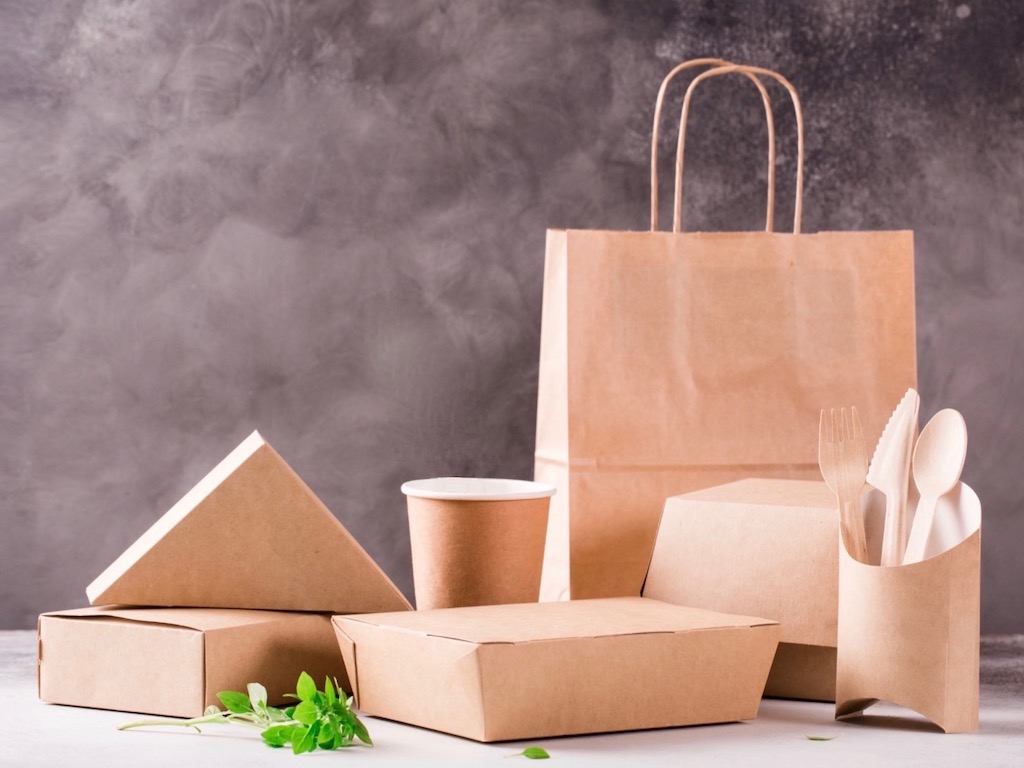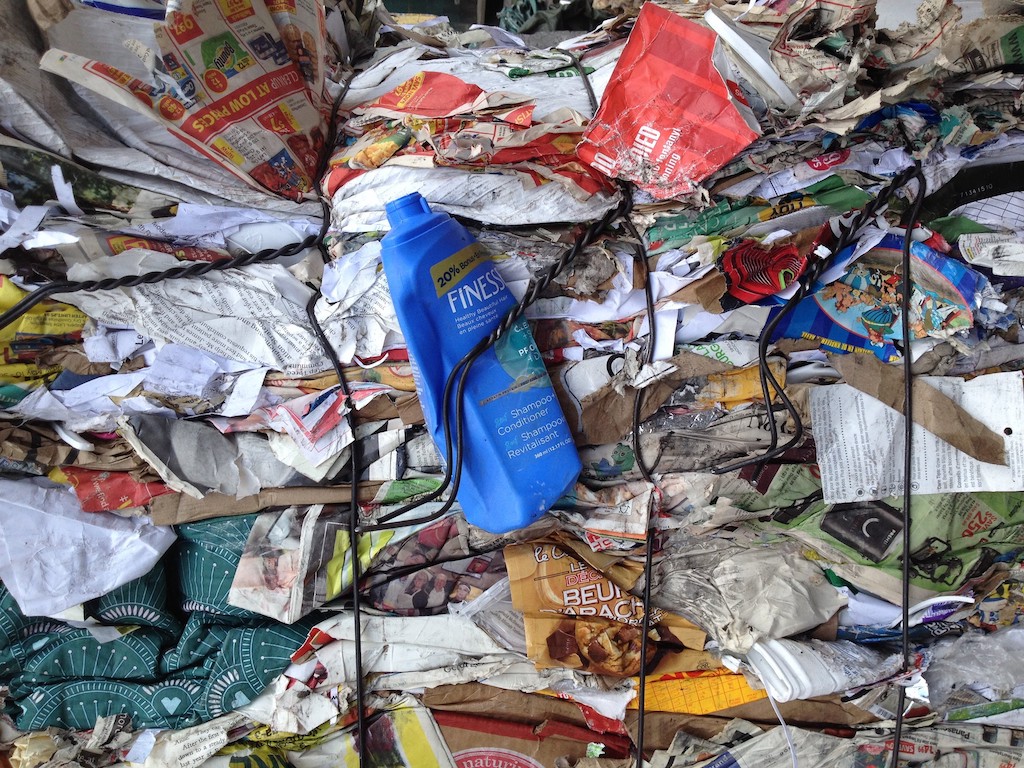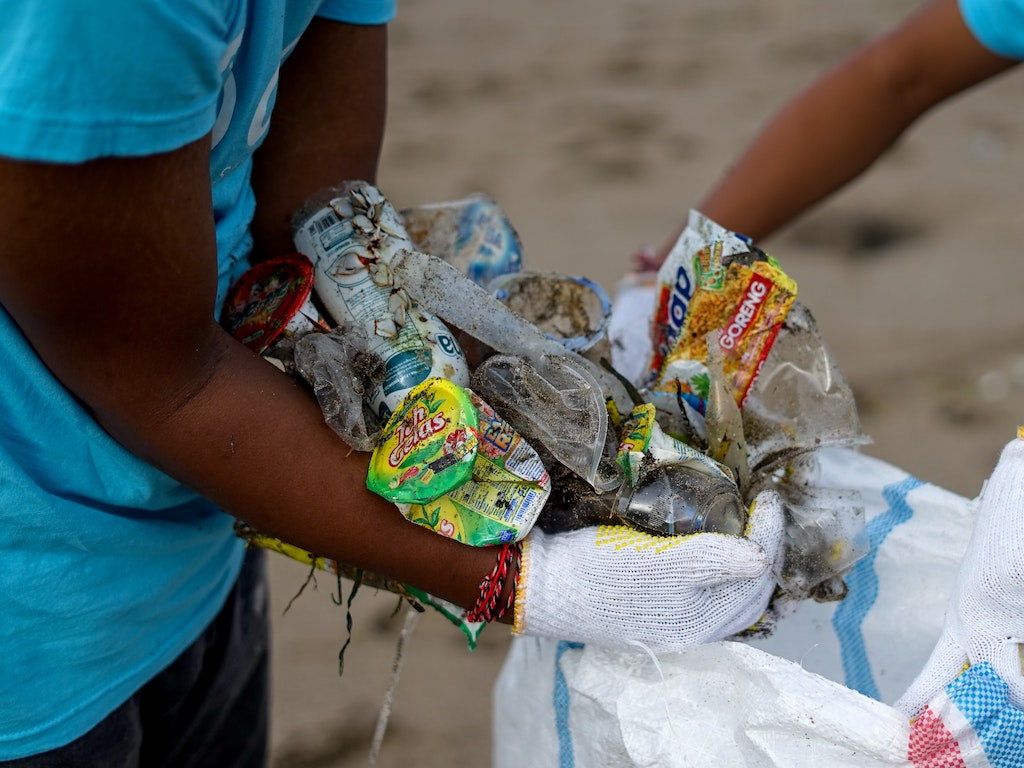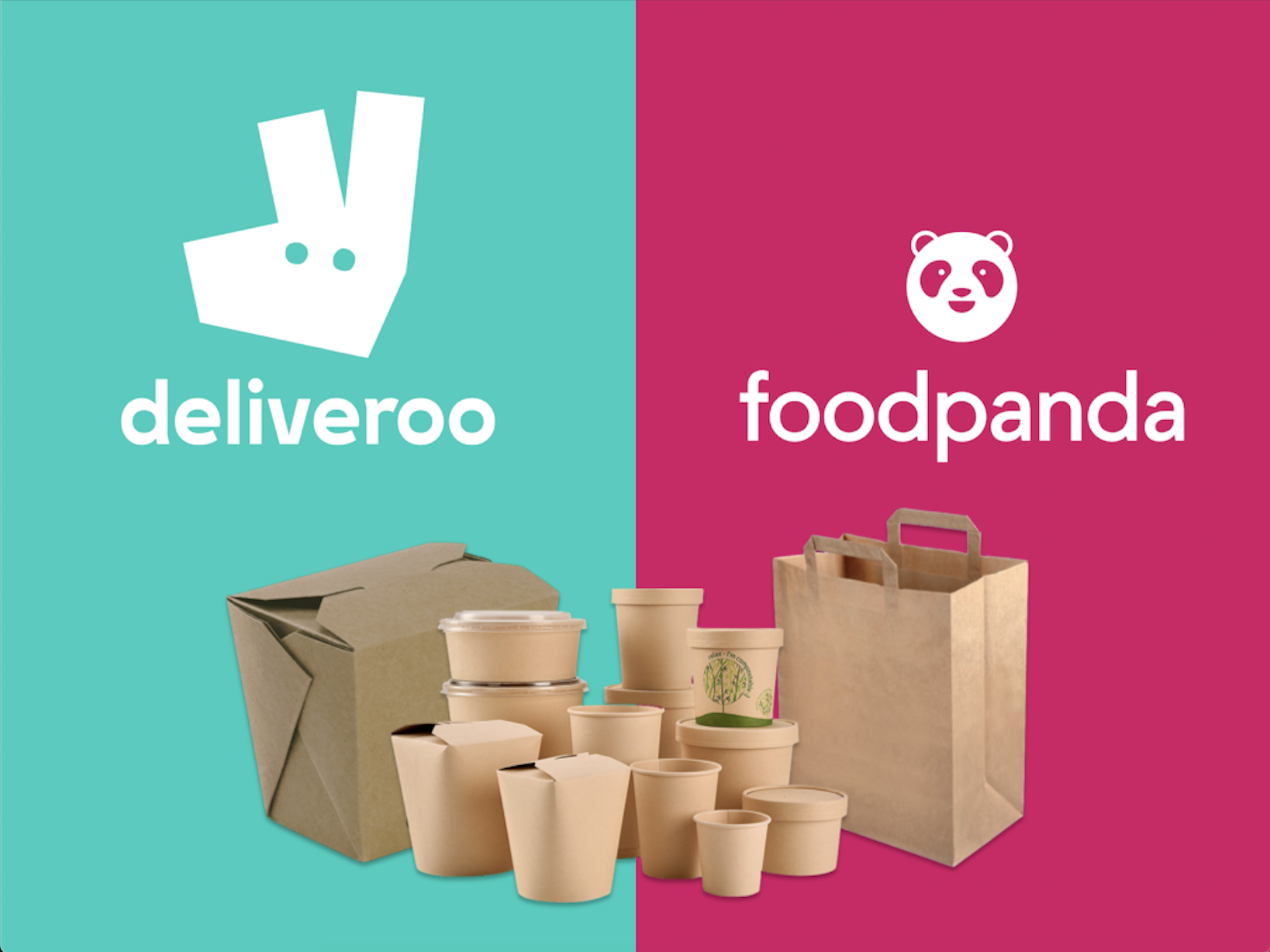5 Mins Read
Tap into a food delivery app on your phone or laptop, choose a restaurant, pick your dish, and relax. Within minutes, you can expect your hot food order delivered straight to your door by a rider. But is it just food that gets delivered? For the price of our convenience, single-use boxes, plastic bags and cutlery are also being thrown in the mix – contributing massive amounts of waste to our already overflowing landfills exacerbating ocean pollution. Now, the delivery industry in Hong Kong is stepping up efforts to eliminate the use of plastic – but will it be enough?
WWF Hong Kong recently launched the Plastic ACTion Initiative (PACT), an industry-wide pledge to crack down on unsustainable packaging by 2025, which was signed by Deliveroo and Foodpanda, the city’s leading food delivery companies. PACT commits both companies to set up measurable actions to eliminate plastic tableware, and to develop a circular economy model for plastic food packaging in the city.
Some of the actions that the companies are implementing as a part of PACT include a default opt-out option for single-use plastic cutlery, and to begin adopting more eco-friendly alternatives to plastic packaging materials.

It follows the market-wide sustainability push in recent years as heightened concerns about the environment begin to affect the spending choices of consumers all over the world. But amid this trend, the annual waste seems to keep piling up. Globally, humans produce 2 billion tonnes of waste each year – a figure that is predicted to rise by 70% by 2050, driven by our over-consumption and convenience culture, of which speedy one-click food delivery is ultimately embedded in.
As waste and pollution shows no signs of slowdown, it begs the question of whether campaigns targeting waste within the food delivery sector are just picking at the surface of the deeper issue. Isn’t dine-in almost always less wasteful than deliveries, which require your meal to be packaged rather than served in a reusable dish?
We spoke Dr Laurence McCook, Head of Oceans Conservation at WWF Hong Kong and asked him whether the pledge was missing the point: would avoiding deliveries altogether be more impactful? While he agreed that we need individuals to “look for every way they can to reduce their footprint”, what became clear to him is that “we must work where we can have the most impact, and the mass reach that Foodpanda and Deliveroo have as delivery companies here is enormous.”
Indeed, when we look at the statistics, the ever-growing mass consumer preference for convenient food takeaway and delivery can account for an astonishing amount of waste in Hong Kong. There are over 1.8 million users of online food delivery platforms in the city – equivalent to a quarter of the entire Hong Kong population – and the market is expecting a 5.9% growth in revenue year-on-year. It’s worth noting that the coronavirus pandemic is driving huge demand spikes for these companies too, as customers spend more time at home and avoid public dining situations.
Plastic cutlery, food packaging, containers and straws are among top 10 types of marine litter found in the city’s seas. In Hong Kong landfills, dinnerware alone makes up 9.6% of all disposed plastics, of the meagre 13% that gets collected, they are often too difficult to recycle due to food contamination.

What McCook believes is that PACT is a pledge that helps meet consumers where they are – especially during the current coronavirus pandemic that is further impacting people’s ability to dine-out at restaurants.
“Taking into account the average Hong Kong lifestyle, and particularly during the coronavirus crisis when people are staying at home as much as possible, the reality is that a lot of people are turning to food delivery companies. If we can reduce what these food companies waste, the impact is significant on a broad level,” he explained.
But another added challenge that may hamper the effectiveness of pledges such as the PACT is the fact that there are few accountability mechanisms to ensure that businesses do comply. Other than the PACT, which relies on companies to voluntarily report their progress, there are at present no government regulations to penalise wasteful operators in Hong Kong.
“It’s really important that companies and businesses are not just using these pledges as greenwashing. But the first point to make is that this PACT is an industry code-of-conduct that represents an initial step towards ongoing commitment,” said McCook. With Hong Kong lacking any laws to clamp down on corporate waste, any initiative that seeks to target one of the most wasteful sectors in F&B that many Hongkongers are addicted to – food delivery – is a sign of progress.

There are also plans in the future to use the reach of Foodpanda and Deliveroo to tackle waste in more businesses, particularly local cafés and cha chaan tengs that may run their own delivery operations and are known for using the most difficult-to-recycle types of packaging, such as plastic cling film and polystyrene.
June Wong, Ocean Conservation Officer at WWF Hong Kong who leads the PACT project, told us: “We definitely want to extend the initiative. The signing is just the start, and we are going to work with Deliveroo and Foodpanda to organise industry roundtables and forums with other F&B stakeholders – local cafés and restaurants, hotels, even suppliers. We need to keep this momentum.”
The planet has paid a high price for our convenience-obsessed culture. With climate headlines reaching new heights on the global agenda, many of us are taking action in our daily lives to reduce our impact in every area possible. It is clear that quitting deliveries as much as possible – buying unpackaged produce, cooking at home, and dining-in are the most sustainable options.
But the sobering reality that not everyone can, and not everyone is doing so. The food delivery business isn’t going anywhere. The food delivery industry in Hong Kong stepping up their efforts to eliminate waste is a net positive in the fight for systemic sustainability.
Lead designed by Green Queen Media & courtesy of Deliveroo / Foodpanda / Vector PNG.




